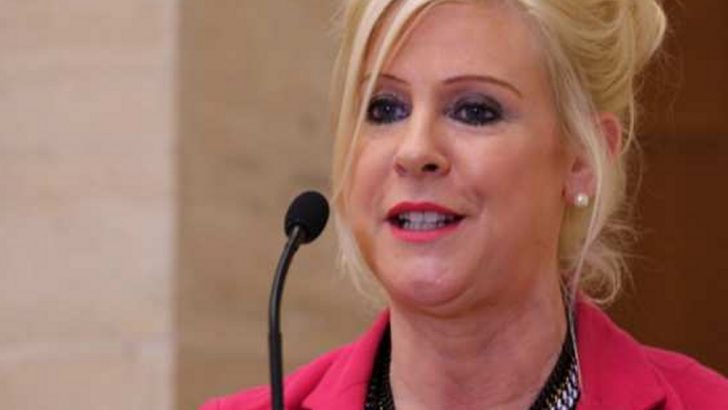Bernadette Smyth
Abortion is a criminal offence in Northern Ireland, governed by sections 58 and 59 of the Offences Against the Person Act 1861 and section 25 of the Criminal Justice Act (NI) 1945. The core purpose of this law is the protection of the unborn child.
Ever since the Family Planning Association of Northern Ireland brought a judicial review in 2001 against the Department of Health’s “failure to provide advice and guidance” on “the availability and provision of” abortion, many within the healthcare profession have been complaining about the so-called ‘uncertainty’, ‘lack of clarity’ and the ‘chilling effect’ of our law and the oppressive ‘climate of fear’ pervading our hospitals; the fear of getting caught breaking the law.
The latest guidelines issued by the Department of Health may, at first glance, appear innocuous. After all, they are ‘only guidelines’. Indeed, on the fourth page of the guidelines, it is “emphasise[d]” that “this guidance cannot, and does not, make any change to the law of Northern Ireland”.
Interpretation
But a change in the law is not necessary for there to be a change in the interpretation of the law. Contained within these latest guidelines are carefully crafted words which pose a lethal threat to unborn children in Northern Ireland.
Firstly, and most frustratingly, the Department of Health failed, just as it did in the previous draft guidelines, to outline the law in its proper criminal context and wrongly presented the defence to the criminal offence of abortion as an automatic ‘legal ground’ for abortion.
Secondly, in a desperate attempt to appease those in the healthcare profession who are tired of looking over their shoulders and want to be freed from the shackles of threatened prosecution, the Department of Health has dared to ‘sanitise’ the deliberate killing of an unborn child by outrageously presenting it as simply another ‘health and social care service’.
The healthcare profession has a legal and moral duty to protect both patients: the pregnant woman and her unborn child. There is a legal and moral difference between directly targeting the life of the unborn child and directly treating or removing a maternal pathological source and the unborn child dies as an unintended consequence of that intervention. Unfortunately, these guidelines have refused to acknowledge such a distinction.
Interventions
The guidelines state that “the law in Northern Ireland does not allow interventions that have as their sole purpose the ending of the life of the foetus”. But as Dr Anthony Levatino, a former abortionist in the United States, explains, “every lawyer knows that every single word has meaning”.
The word “sole” is not meaningless. According to these guidelines, the law would not permit a doctor to end the life of an unborn child with the sole purpose of ending the life of that child. But if a doctor induced labour and ‘delivered’ a 14-week-old unborn child, claiming that the mother’s mental health was at risk, no one would dare question that doctor’s ‘good faith’, despite that no research evidence indicates that abortion is an effective treatment for any mental health disorder or distress, but rather, evidence indicates that abortion carries an increased risk of mental health problems, including suicidality.
Precious Life is very concerned that these guidelines could lead to a very liberal interpretation of the law and lead to the deliberate abortion of unborn children in Northern Ireland.
We expect our healthcare professionals to save lives, not wilfully destroy lives. We expect our healthcare professionals to respect and care for both mother and baby equally. For these reasons and other concerns, Precious Life does not accept these guidelines and is in the process of preparing a briefing paper to pass on to the Northern Ireland Executive.
Bernadette Smyth is founder and director of Precious Life, the largest pro-life group in Northern Ireland.


 Bernadette Smyth of Precious Life
Bernadette Smyth of Precious Life